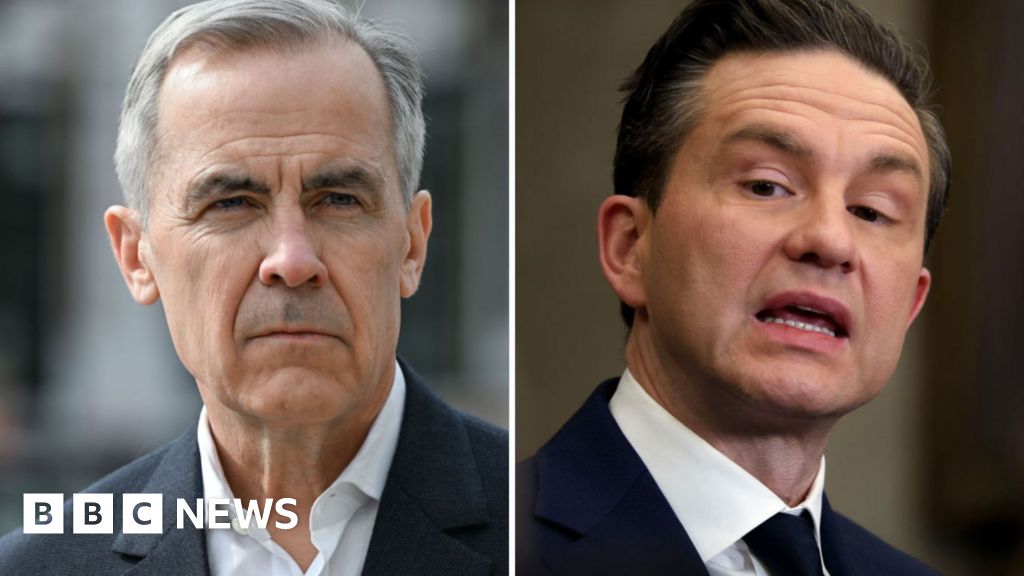Canada Votes April 28 Amid US Trade War
The outcome of the election will have significant implications for Canada's relationship with the US and its position on the world stage, as the country seeks to balance its economic and trade interests with its desire for sovereignty and independence. Canadians will be watching closely as the campaign unfolds and the parties present their visions for the country's future.

Canadian Prime Minister Mark Carney has called a snap election for April 28, as the country navigates a trade war with the US and faces pressure from President Donald Trump to become the 51st American state. The election, which will last just five weeks, pits Carney's Liberal party against the Conservative party led by Pierre Poilievre.
The trade war with the US is expected to be a major issue in the election, with Carney promising further retaliation against the US and Poilievre calling for Canada to become "strong, self-reliant and sovereign" to stand up to its southern neighbor. The economy and cost-of-living concerns are also likely to be key issues, as Canadians struggle with the impact of the trade war on their daily lives.
Carney, a former banker, has emphasized his financial background and outlined his vision to reposition the Canadian economy, including removing trade barriers, introducing a middle-class tax cut, and diversifying trade partners. Poilievre, on the other hand, has portrayed Carney as ill-equipped to deal with Trump and has accused him of being unable to stand up to the US president.
The election will be a crucial test for Carney, who was appointed prime minister just nine days ago and is seeking a mandate to tackle the trade war and secure Canada's future. With the Conservatives leading in national polls, the Liberals will need to mobilize their supporters and convince Canadians that they are the best party to lead the country through these challenging times.